

Tao Te Ching
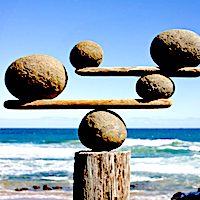
Government
Governments have always been a compromise, a middle ground between the elite and powerful in a society and the lower rungs, the poor and powerless. Most of political history could be described as a pendulum swinging back and forth between these two interest groups. When the more intelligent and skillful become too powerful, the common result is tyranny and despotism. When the poor and uneducated attain power, the result is most-often chaos and anarchy. The better the government, the more balance between these two sides.
Machiavelli describes 6 kinds of governments: monarchical, aristocratic, democratic and their shadow sides tyranny, oligarchy, and anarchy. History repeats over and over as the cycles of corruption from monarchies to tyrannies, from aristocracies to oligarchies, from democracies to anarchy spin not only between the pairs but also between all six. As Will Durant saw, “Civilization begins with order, grows with liberty, and dies with chaos.” The longest-lasting and most successful political systems thread a careful balance between these styles rather than going too far in any of these six directions.
Governmental systems - like religions and cultures - easily fall into blind belief, superstition, and war. History demonstrates though, over and over again, how many different ways of organizing society work well and also don't work at all. Like religious belief doesn't assure or guarantee enlightened goodness, political beliefs don't assure or guarantee just and prosperous countries. The same political system can work extremely well in one particular place and period of history, not work at all in another time and place. While we tend to put our faith and hope in a particular political belief system, the underlying and real forces may be more the goodness of the people, their openness to seeing clearly, and their ability to respond authentically to their unique, world realities.
Quotes (95)
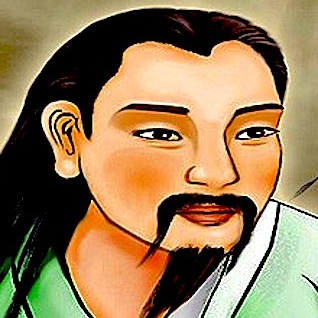
“The town may be changed but the well cannot be changed. It neither decreases nor increases… Thus the well is the symbol of that social structure which is independent of all political forms… Life is also inexhaustible. It grows neither less nor more; it exists for one and for all.”

“The state must thrive economically while limiting expenditures, foster appropriate values and behavior among the populace, implement rewards and punishments, employ the worthy, and refrain from disturbing and harming the people.”
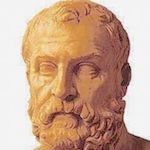
“The best civilization considers the least injury done to the poorest, most powerless individual as an insult to the entire governmental structure.”

“A righteous government is of all the most to be wished for […] To effect this I shall work now and ever more.”
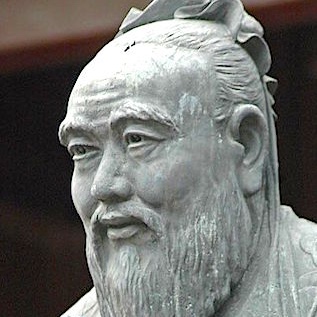
“In a country well governed, poverty is something to be ashamed of. In a country badly governed, wealth is something to be ashamed of.”
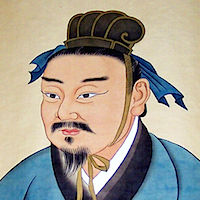
“Knowing how to cultivate oneself is to know how to govern others; knowing how to govern others is to know how to govern the empire, the state, and the family.”
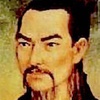
“How can the wise man who has charge of governing the empire fail to restrain hate and encourage love? When there is universal love in the world it will be peaceful and happy; when there is mutual hate, it will be filled with suffering, disorder, and unhappiness.”
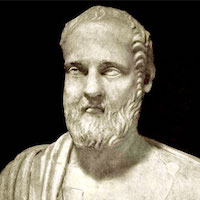
“[citizens] considered poverty among their fellow citizens as their own disgrace and measured their well-being not by being able to outdo each other, but by the absence of want among the whole people”
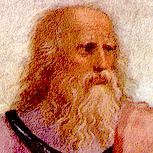
“The greatest and fairest sort of wisdom by far is that which is concerned with the ordering of states.”
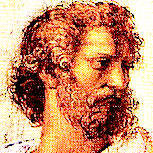
“The end of democracy is freedom; of oligarchy, wealth; of aristocracy, the maintenance of education and national institutions; of tyranny, the protection of the tyrant.”
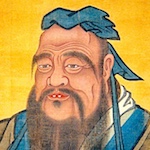
“Do not let finely meshed nets be cast in ponds and lakes and the fish and turtles will be more than can be consumed; let axes enter the mountain groves only at the appropriate time and the timber will be more than can be used.”

“The first step of good government is assuring that the people have enough food and fuel, enough resources to nourish their living and mourn their dead.”
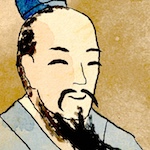
“Those who say they would have good government without its correlate, misrule, do not understand the great principles of the universe, nor the nature of all creation.”
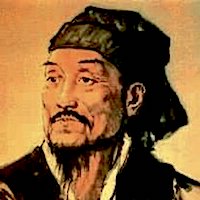
“The straightening board was created because of warped wood, and the plumb line came into being because of things that are not straight. Rulers are established and ritual and rightness are illuminated because the nature is evil.”
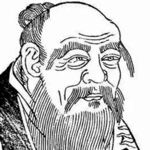
“If you cook a small fish, don’t remove its entrails, don’t scrape off its scales, and don’t stir it. If you do, it will turn to mush. Likewise, too much government makes those below rebel.”

“Others learn how to govern the world. Sages learn how to govern themselves and how to uphold the truth of the Way.”
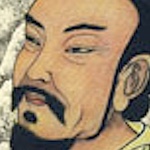
“Rulership was set up because the strong oppressed the weak, the many did violence to the few, the cunning fooled the simple, the bold attacked the timid, people kept knowledge to themselves and did not teach, people accumulated wealth and did not share it. So the institution of rulership was set up to equalize and unify them.”

“The Way of Rulership is not the means by which one acts; it is the means by which one does not act.”
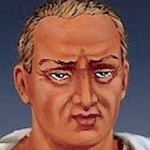
“In a republic this rule ought to be observed: that the majority should not have the predominant power.”
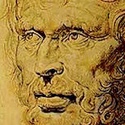
“All religions are equally sublime to the ignorant, useful to the politician, and ridiculous to the philosopher.”
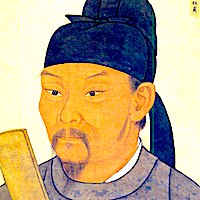
“When good governance prevails in the empire, [the scholar] is in evidence. When it is without good governance, he withdraws. It is better, O scholar, to retire early. After all, what is Confucianism to us? Confucius and the bandit So-and-So: Are they not both dust?”

“If the right man preaches the wrong way, the way will follow the man and become right. If the wrong man preaches the right way, the way will follow the man and become wrong.”
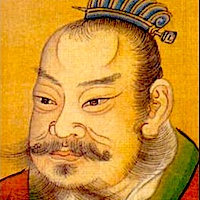 “When a child is born, families want it to be intelligent. But through intelligence, I have only wrecked my whole life. So I can only hope the baby will prove ignorant and stupid; crown a tranquil life by becoming a Cabinet Minister.”
“When a child is born, families want it to be intelligent. But through intelligence, I have only wrecked my whole life. So I can only hope the baby will prove ignorant and stupid; crown a tranquil life by becoming a Cabinet Minister.” 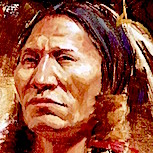
“We bind ourselves together by taking hold of each others's hands so firmly and forming a circle so strong that if a tree should fall upon it, it could not shake nor break it, so that our people and grandchildren shall remain in the circle in security, peace, and happiness.”
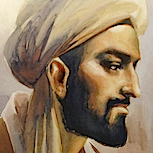
“Without army, no king; without revenues, no army; without taxes, no revenue; without agriculture, no taxes; without just government, no agriculture”
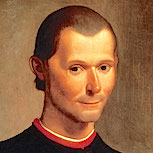
“When a prince, a nobility, and the power of the people are combined under the same constitution, these three powers will watch and keep each other reciprocally in check.”

“Monarchies quickly becomes Tyrannies, Aristocracies Oligarchies, Democracies degenerate into Anarchy… no precaution can prevent them from sliding into their opposites because of how closely the virtue resembles the vice.”

“all kinds of governments are defective; those three which we have qualified as good because they are too short lived, and the three bad ones because of their inherent viciousness.”
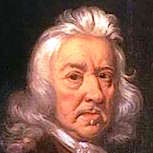
“The nature of justice consists in the keeping of valid covenants… Where there is no Commonwealth, there is nothing unjust.”
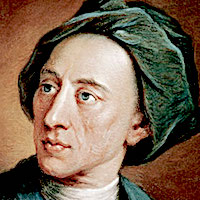
“For forms of government, let fools contest;
What’er is best administer’d is best.”

“The best form of government? The rich will tell you an aristocracy, the people will reply a democracy; kings along prefer royalty. Why then is almost all the world governed by monarchs? Men are rarely worthy of governing themselves.”

“In general, the art of government consists in taking as much money as possible from one party of the citizens to give to the other.”

“there is no form of government but what may be a blessing to the people, if well administered,,, [that it] can only end in despotism when the people shall become so corrupted as to need despotic government, being incapable of any other.”
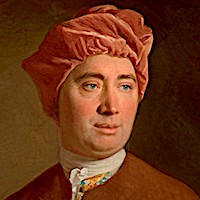
“As force is always on the side of the governed, the governors have nothing to support them but opinion. It is therefore, on opinion only that government is founded, and this maxim extends to the most despotic and most military governments, as well as to the most free and most popular.”
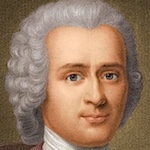
“The first person who enclosed a piece of land said, 'This is mine' and convinced foolish others to believe him became the founder of civil society
creating the beginnings of crime, war, myriad horror and misfortunes.”
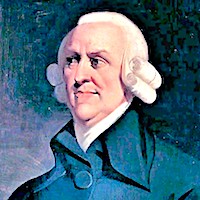
“According to the system of natural liberty, the sovereign has only three duties... first, the duty of protecting the society from violence and invasion; second, the duty of protecting every member of society from every other member of it; third, erecting and maintaining certain public works and institutions... because the profit could never repay the expense to any individual or small number of individuals”
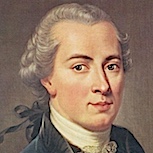
“Thoughts without content are empty, intuitions without concepts are blind.”

“The function of the true State is to impose the minimum restrictions and safeguard the maximum liberties of the people, and it never regards the person as a thing.”

“Government is—or should be—instituted for the common benefit, protection, and security of the people… When it is found inadequate or contrary to these purposes, the majority has an unalienable right to reform, alter or abolish it.”
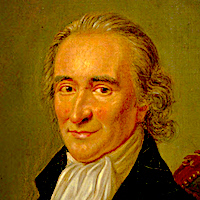
“We hold these truths to be Self evident: that all Men are created equal and independent… [with] Rights inherent and unalienable… the preservation of Life, and Liberty, and the Pursuit of Happiness; that to Secure these ends, Governments are instituted”

“Society is produced by our wants, and government by our wickedness.”

“The more perfect civilization is, the less occasion has it for government… government, even in its best state is but a necessary evil; in its worse state, an intolerable one.”
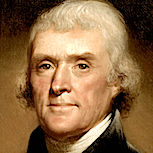
“Either force or corruption has been the principle of every modern government... This I hope will be the age of experiments in government, and that their basis will be founded on principles of honesty, not of mere force. We have seen no instance of this since the days of the Roman republic, not do we read of any before that.”
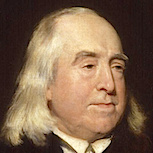
“. . . in no instance has a system in regard to religion been ever established, but for the purpose, as well as with the effect of its being made an instrument of intimidation, corruption, and delusion, for the support of depredation and oppression in the hands of governments.”
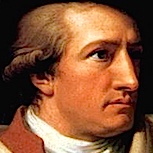
“No revolution is the fault of the people but always the fault of the government.”
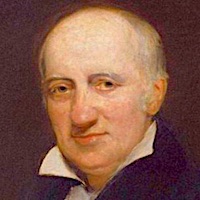
“Society [culture] is produced by our wants, and government by our wickedness. Society is a blessing; government even in its best state a necessary evil, a tyranny; and because—even in its best state—an evil, we should have as little of it as the general peace of human society will permit.”

“Whenever government assumes to deliver us from the trouble of thinking for ourselves, the only consequences it produces are those of torpor... Government by its very nature counteracts the improvement of original mind,”
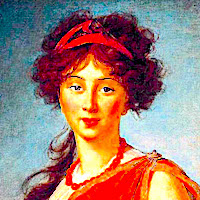
“Democracy stimulates literature and retards art; aristocracies impose taste but frown upon enthusiasm and originality; absolute government stifles freedom, innovation, and thought.”
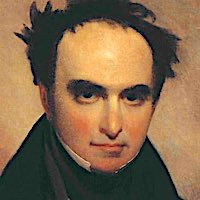
“The freest government cannot long endure when the tendency of the law is to create a rapid accumulation of property in the hands of a few, and to render the masses poor and dependent.”

“the state is essentially no more than an institution for the protection of the whole against attacks from without and the protection of its individual members from attacks by one another... the necessity for the state ultimately depends on the acknowledged injustice of the human race: without this no one would ever have thought of the state since no one would have needed to fear any encroachment”

“The less government we have the better—the fewer laws, and the less confided power. The antidote to this abuse... is the individual... the appearance of the wise man; of whom the existing government is but a shabby imitation.”
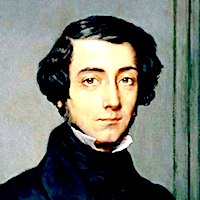
“A man's support for absolute government is in direct proportion to the contempt he feels for his country.”
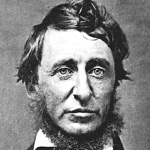
“Government is at best but an expedient; but most governments are usually, and all governments are sometimes, inexpedient.”
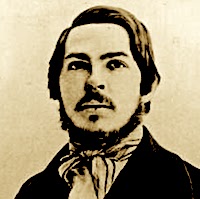
“The state is nothing but an instrument of oppression of one class by another - no less so in a democratic republic than in a monarchy.”

“As soon as there is no longer any class of society to be held in subjection, there is nothing more to be repressed, and a special repressive force, a state, is no longer necessary.”
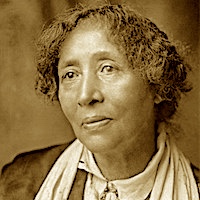
“Concentrated power can be always wielded in the interest of the few and at the expense of the many. Government in its last analysis is this power reduced to a science. Governments never lead; they follow progress. When the prison, stake or scaffold can no longer silence the voice of the protesting minority, progress moves on a step, but not until then.”
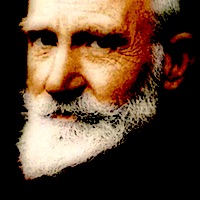
“Christ is not the lifeless harmless image he has hitherto been to you, but a rallying center for revolutionary influence which all established States and Churches fight”

“There is no antithesis between authoritarian government and democracy. All government is authoritarian; and the more democratic a government, the more authoritarian because with the people behind it, it can push its authority further than any Tsar or foreign despot dare do.”
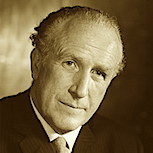
“Government is founded on property, property is founded on conquest, and conquest is founded on Power.”

“Government can easily exist without law, but law cannot exist without government... government is necessary if anything worthy to be called civilization is to exist, but all history shows that any set of men entrusted with power over another set will abuse their power if they can do so with impunity.”

“The task of Government is that of application and encouragement. A wise Government seeks to provide the opportunity through which the best of individual achievement can be obtained, while at the same time it seeks to remove such obstruction, such unfairness as springs from selfish human motives.”
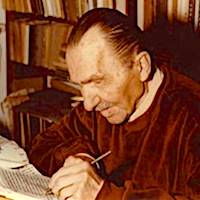
“do not think that since you are an ephemeral animal you cannot interfere in the government of the cosmos. Alas! If you only knew your strength, you would already have overstepped human limits.”

“If we were to judge forms of government from their prevalence and duration in history, we should have to give the palm to monarchy; democracies, by contrast, have been hectic interludes.”

“the essential government of mankind remains in that most deep-rooted of all historic institutions, the family.”

“Civilization begins with order, grows with liberty, and dies with chaos.”
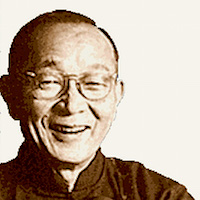
“I would characterize the Confucian political ideal as strictly anarchism, in which moral culture of the people making government unnecessary become the ideal. If it is asked why the people of Chinatown in New York never have any use for the the police, the answer is Confucianism. There never were any police in China for 4000 years.”
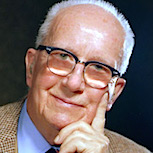
“All the present bureaucracies of political governments, great religious organizations, and all big businesses find that physical success for all humanity would be devastating to the perpetuation of their ongoing activities.”
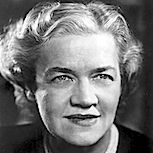
“Freedom unexercised may be freedom forfeited. The preservation of freedom is in the hands of the people themselves - not of the government.”
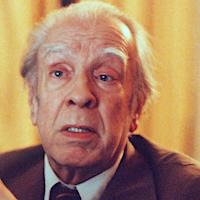
“I believe that in time we will have reached the point where we will deserve to be free of government.”
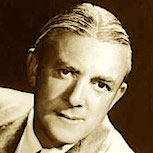 “
“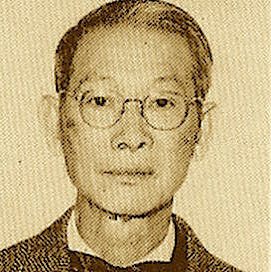
“The best way to govern is to leave the people alone and to follow the course of taking no action. This ideal of laissez faire originated in Taoism.”
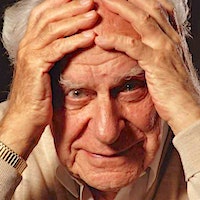
“Although I consider our political world to be the best of which we have any historical knowledge, we should beware of attributing this fact to democracy or to freedom. Freedom is not a supplier who delivers goods to our door.”

“The essence of totalitarian government, and perhaps the nature of every bureaucracy, is to make functionaries and mere cogs in the administrative machinery out of men, and thus to dehumanize them.”
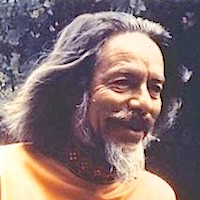
“Governments maintain this sense in a mild form by seeing to it that the laws are so complex that every citizen is inadvertently guilty of some crime, making it possible to convict anyone when convenient.”
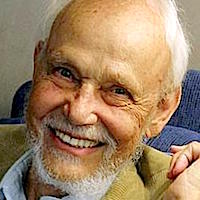
“Institutions are not pretty. Show me a pretty government. Healing is wonderful, but the American Medical Association? Learning is wonderful, but universities? The same is true for religion... religion is institutionalized spirituality.”

“When people don't understand that the government doesn't have their interests in mind, they're more susceptible to go to war.”
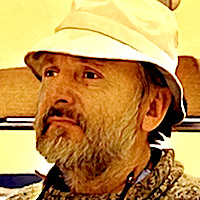
“If a revolution destroys a systematic government, but the systematic patterns of thought that produced that government are left intact, then those patterns will repeat themselves in the succeeding government.”

“From the divine right of kings through the deadly teachings of Hitler and Mao to the mumbojumbo of economists, government by theory has done endless ill.”

“A great government wouldn't chop and hack at human nature, trying to make leaders out of sow's ears.”

“This is a mystical statement about government–and in our minds those two realms are worlds apart. I cannot make the leap between them. I can only ponder it.”
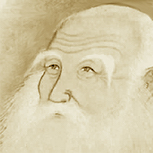
“Although almost all our attention goes toward the surface, the form of government; the deep importance and influence has much less to do with the description, the name - much more to with integrity of the people involved.”

“Government needs to be the size of the problems it’s facing. If small problems, a small government; if no problems, no government; if large problems, a large government is needed. Our problems today - climate change, terrorism, the unprecedented gap between rich and poor; adapting to a radically changing world, etc. - are gigantic and global. Therefore we need a large government. Only a unified, global government will be able to successfully face this scale of global problems. Once faced and solved, we can go back to less and less government.”

“It is certain, I think, that the best government is the one that governs the least. But there is a much-neglected corollary: the best citizen is the one who least needs governing.”
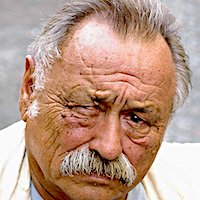
“Suits obviously had helped to promote bad government… Of late he had become frightened of the government for the first time in his life, the way the structure of democracy had begun debasing people rather than enlivening them in their mutual concern. The structure was no longer concerned with the purpose for which it was designed, and a small part of the cause was probably that all politicians and bureaucrats wore suits.”

“Gaviotas is not a community that can be replicated. What needs to be replicated is the Gaviotas way of thinking.”
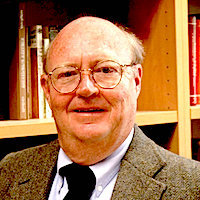
“Confucius taught the art of government as it should be. Machiavelli taught government as it is in fact… concerned with power, how to get and how to keep it. The ruler governs for his own benefit, not for the benefit of those he rules…. as useful today to corporate CEOs as it is to politicians, ethics consists of one maxim: ‘Do others in before they do you in.’”
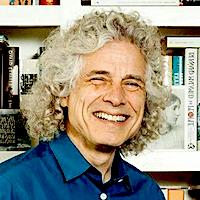
“Despotism has persisted through history because the alternative was often worse... democracy is a form of government that threads the needle—a course between the violence of anarchy and the violence of tyranny—exerting just enough force to prevent people from preying on each other without preying on the people themselves.”

“it is amazing what feats of organization our government can accomplish—if you don't mind waiting until it's too late”
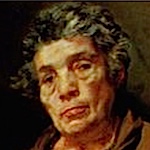

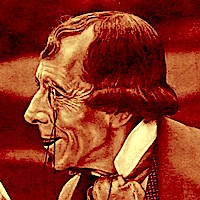
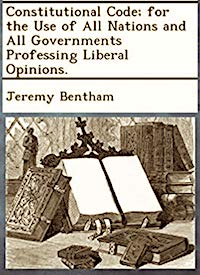
Comments (0)